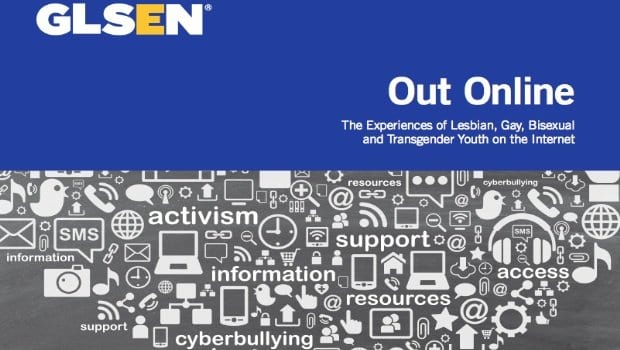Gay, lesbian, bisexual and transgender youth experience nearly three times as much bullying and harassment online as straight youth, but also find greater peer support, access to health information and opportunities to be socially and civically engaged, says a recently released report by the US Gay, Lesbian & Straight Education Network (GLSEN).
“Online spaces also offer them a forum to raise LGBT issues in a public or semi-public arena, which may be crucial to their development given the resistance they face to raising these issues in school,” the report says.
The study, entitled “Out Online: The Experiences of Lesbian, Gay, Bisexual and Transgender Youth on the Internet,” is based on national surveys of 5,680 American students in grades 6-12.
The study indicates that gay, lesbian, bi and trans youth are more likely than straight youth to be bullied or harassed online (42 percent vs 15 percent) and twice as likely to say they had been bullied via text message (27 percent vs 13 percent).
Youth who experienced bullying and harassment both in person as well as online or via text message reported lower grade point averages, lower self-esteem and higher levels of depression than youth who were bullied only in person, only online or via text message, or not at all.
The report’s executive summary says the findings highlight continued unmet needs for queer youth, who turn to the internet for information and support when schools do not provide inclusive curricular materials, useful health and sexuality information, or access to school-based supports like gay-straight alliances.

 Why you can trust Xtra
Why you can trust Xtra


